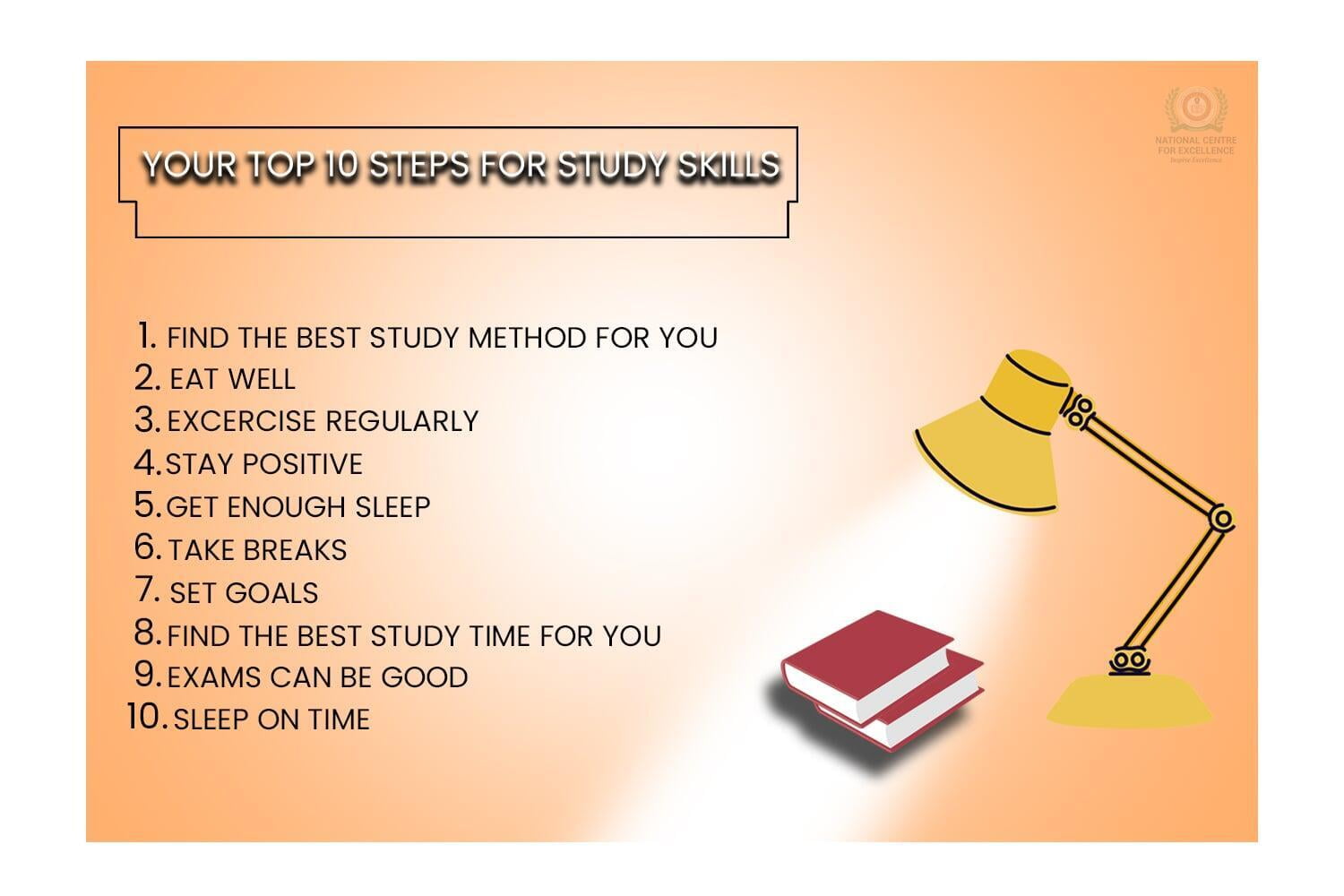Bgroho Insights
Your daily source for news, tips, and inspiration.
Study Like a Pro: Secrets They Don’t Teach You in Class
Unlock the study secrets top students never share! Boost your grades and study smarter with tips they won’t teach in class.
Maximize Your Study Sessions: Techniques for Effective Learning
Maximizing your study sessions is essential for effective learning. One powerful technique is the Pomodoro Technique, which involves breaking your study time into manageable intervals, typically 25 minutes, followed by a 5-minute break. This method not only helps maintain focus but also prevents burnout by ensuring regular mental rest. Additionally, consider creating a study schedule that allocates specific times for different subjects or topics. This can help you stay organized and track your progress effectively.
Another effective strategy is to utilize active learning techniques. Instead of passively reading or highlighting, engage with the material by summarizing it in your own words, teaching it to someone else, or even quizzing yourself. You can also implement strategies like mind mapping or visual aids to enhance retention. Remember, the key to effective learning is not just the amount of time spent studying, but the quality of how you study. By incorporating these techniques, you can significantly maximize your study sessions.

The Science of Retention: Strategies to Remember More
The science of retention goes beyond mere memorization; it involves understanding how our brain processes and retains information. One effective strategy is active recall, which prompts learners to retrieve information from memory, reinforcing neural pathways. This can be done through methods such as flashcards or self-quizzing. Additionally, integrating varied sensory inputs—such as reading aloud or incorporating visuals—can enhance memory retention. Regular review sessions after initial learning, known as spaced repetition, also play a crucial role in preventing the forgetting curve.
Another powerful approach is to create meaningful connections with new information. By associating new concepts with existing knowledge, individuals can create a mental web that makes recall easier. Techniques such as mind mapping or storytelling can significantly boost retention. Furthermore, maintaining a positive emotional state while learning can enhance memory, so strategies like mindfulness or stress-reduction techniques are beneficial. In summary, leveraging the science of retention through active recall, spaced repetition, and emotional connections can lead to lasting memory improvement.
Common Study Myths Debunked: What Really Works for Academic Success
There are many common study myths that can mislead students in their quest for academic success. One prevalent myth is that cramming is an effective way to learn. In reality, studies show that information retained through last-minute studying is often quickly forgotten. Instead, adopting a spaced repetition technique, where material is reviewed at gradually increasing intervals, has proven to be far more effective for long-term retention. Another myth is that students must study in complete silence to concentrate better. However, some learners actually benefit from background noise or music, as it can create a more relaxed environment conducive to learning.
Another misconception is that multitasking enhances productivity, but numerous studies affirm that it can diminish focus and efficiency. When students attempt to juggle multiple tasks, such as texting while studying, they often fail to retain information. Rather than multitasking, a more effective approach is to utilize time-blocking, where specific time periods are dedicated solely to studying. Additionally, the myth that high grades are solely a product of innate intelligence overlooks the value of consistent effort and effective study strategies. It is these practices that ultimately lead to academic success, proving that determination and the right techniques are more critical than natural ability.